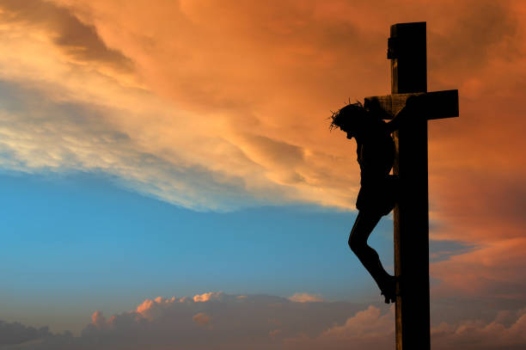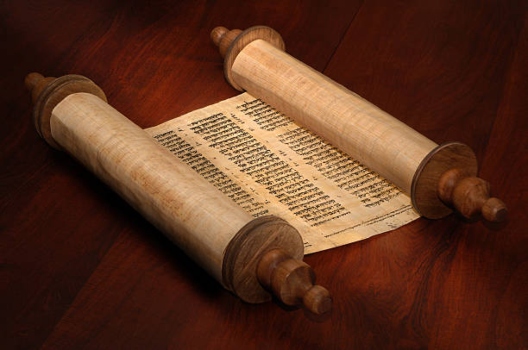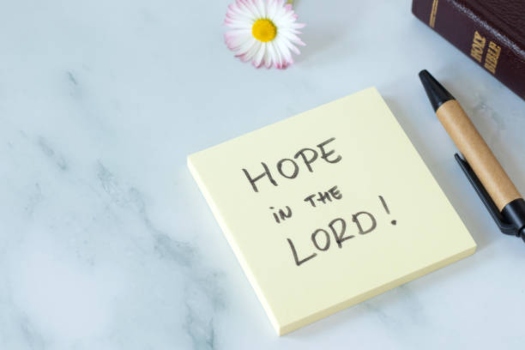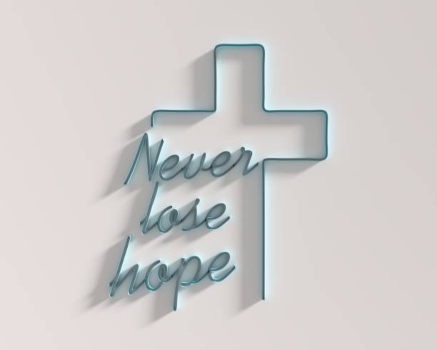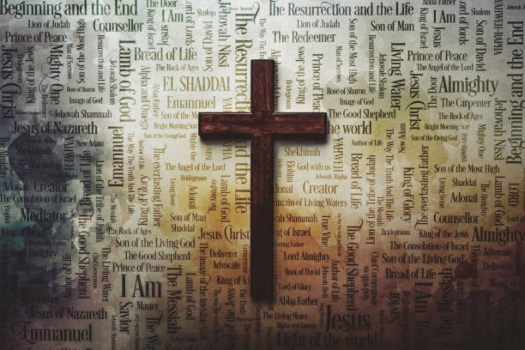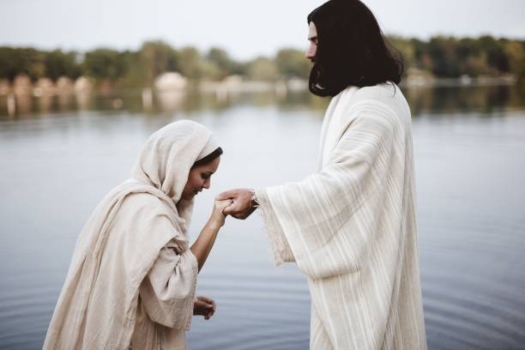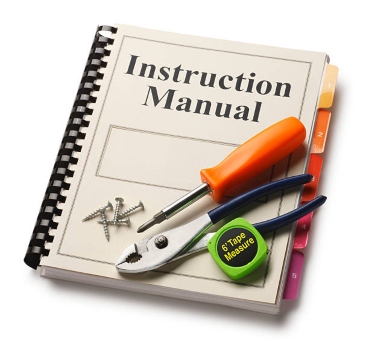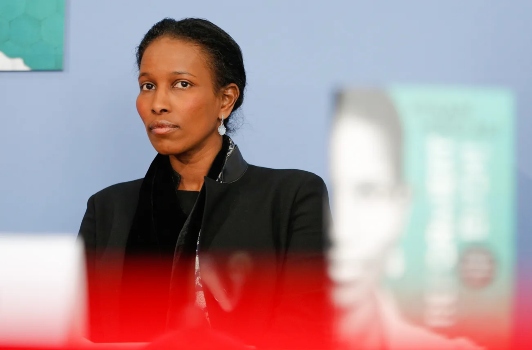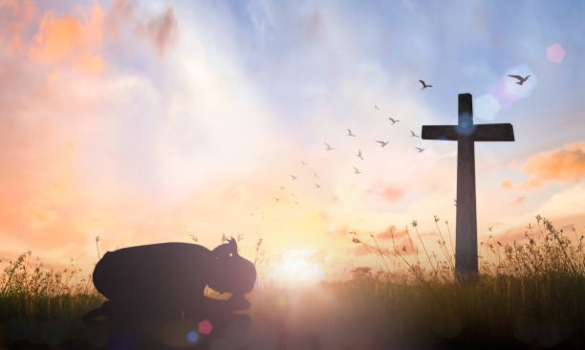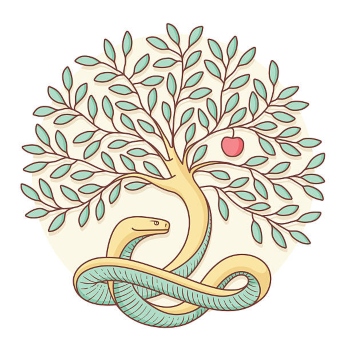What are You Going to Do About Them?
We all experience struggles in life. We also have opportunities to celebrate peace and harmony. The question is which you’re going to focus on.
This past Sunday we celebrated getting new hymnals at church. Pastor Lisa pointed out that, at different times different things speak to us. This is true in worship.

It might be a prayer, a liturgy, a Scripture, or a song. Music is certainly something that can move us. A hymnal is more than just a book of songs.
It is a gathering of history. It is scriptural. It is a part of a journey. It gives us direction.
One such song is Great is Thy Faithfulness.
This popular Christian song was written as a poem by Thomas Chisholm in 1923. It was about God’s faithfulness over his lifetime. Chisholm sent it to William Runyan who was affiliated with the Hope Publishing Company. Runyan set the poem to music. It quickly became popular among church groups.
Great is thy faithfulness, O God my Father;
there is no shadow of turning with thee;
thou changest not, thy compassions, they fail not;
as thou hast been thou forever wilt be.Refrain:
Great is thy faithfulness!
Great is thy faithfulness!
Morning by morning new mercies I see:
all I have needed thy hand hath provided–
Great is thy faithfulness, Lord, unto me!
Summer and winter and springtime and harvest,
sun, moon, and stars in their courses above
join with all nature in manifold witness
to thy great faithfulness, mercy, and love. [Refrain]Great is Thy Faithfulness, Thomas Chisholm
Pardon for sin and a peace that endureth,
thine own dear presence to cheer and to guide,
strength for today and bright hope for tomorrow,
blessings all mine, with ten thousand beside! [Refrain]
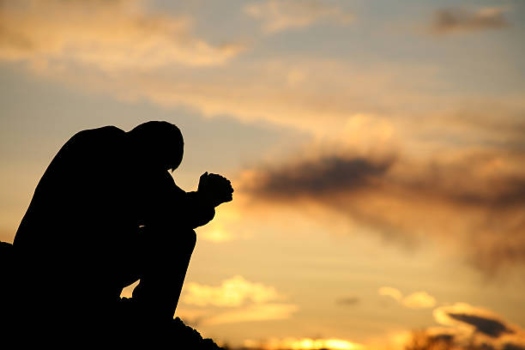
These Biblical lyrics reference Lamentations 3:22-23.
The faithful love of the Lord never ends!
His mercies never cease.
Great is his faithfulness;
his mercies begin afresh each morning.
Lamenting is crying out. It is to express deep sorrow, to mourn, or grieve.
This is what the book of Lamentations is. In the Bible, people would wear sack cloth and throw dirt. I remember when people would wear black for a while to show their feelings of lamenting. Now people get on social media.

Lamentations 3:19-26 gives us a good plan for dealing with life’s struggles. It tells us to get these struggles out and share them with God. It professes God’s daily mercies and peace we can have. It points out that it is up to us to look to Him for this comfort.
We need to tell God how we feel and have faith in Him.
It is up to us to believe. Christians do not lament as the world does.
Give your struggles to God and live in His peace.


